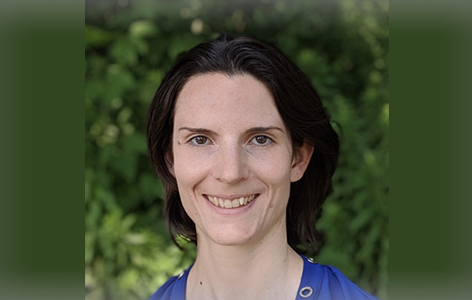
Conference: 6th Canadian Conference on Epigenetics, November 17–20, 2019, Banff, Alberta, Canada.
Conference highlight: Distinguished speakers and researchers shared the latest work in epigenetics research, with a focus on challenges and complexities brought on by heterogenous tissues and cells.
Conference Summary: The 6th Canadian Conference on Epigenetics combined talks from members of the International Human Epigenome Consortium (IHEC), as well as other researchers from Canada and around the world. The scientific meeting held 10 sessions that covered topics in epigenetic programming, transcriptional regulation, epigenetics in disease, technologies, epigenetic regulation in development and epigenetic mechanisms.
This conference offered multiple presentation formats including plenary lectures, technical fire talks, rapid-fire presentations, as well as lectures from distinguished speakers. Three eminent keynote speakers have been invited to highlight this conference and share their most recent work.
Bing Ren, Professor of Cellular and Molecular Medicine at the University of California, San Diego spoke about the epigenomics of single cells. Dr. John Stamatoyannopoulos, Associate Professor of Genome Sciences and Medicine at the University of Washington School of Medicine and second keynote speaker presented his research on reading and programming the epigenome. The last keynote speaker, Professor Ellen Rothenberg from the California Institute of Technology discussed how epigenetics plays a role in resistance and transformation in T-cell development.
Additionally, a workshop has been held to discuss challenges and opportunities in epigenetic studies. In this workshop, speakers debated about design, sample selection, and interpretation of results for complexes tissues. Important resources were also presented to address the biological complexity of heterogeneous tissues and cell populations. Finally, the workshop discussed computational and analytical approaches in epigenetics.
Rich and informative interactions as well as networking between all attendees were facilitated by two evening poster sessions during the conference.




